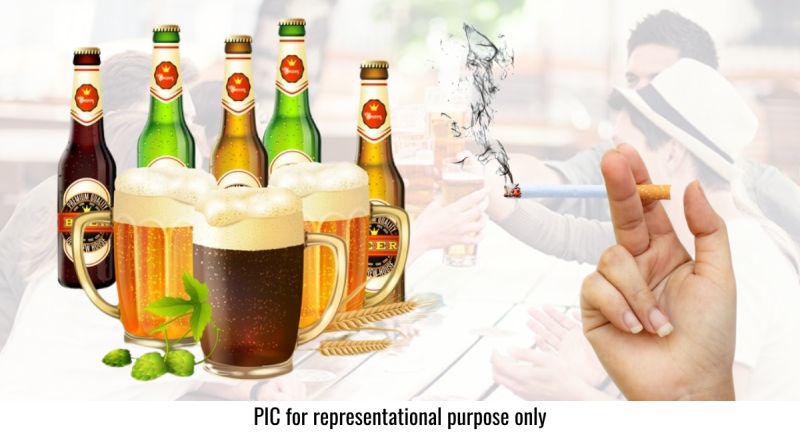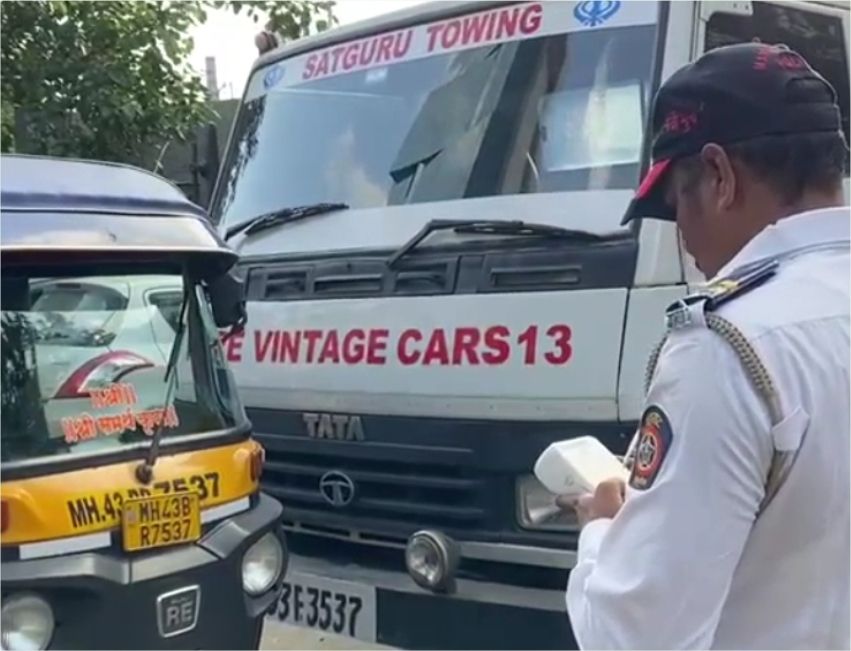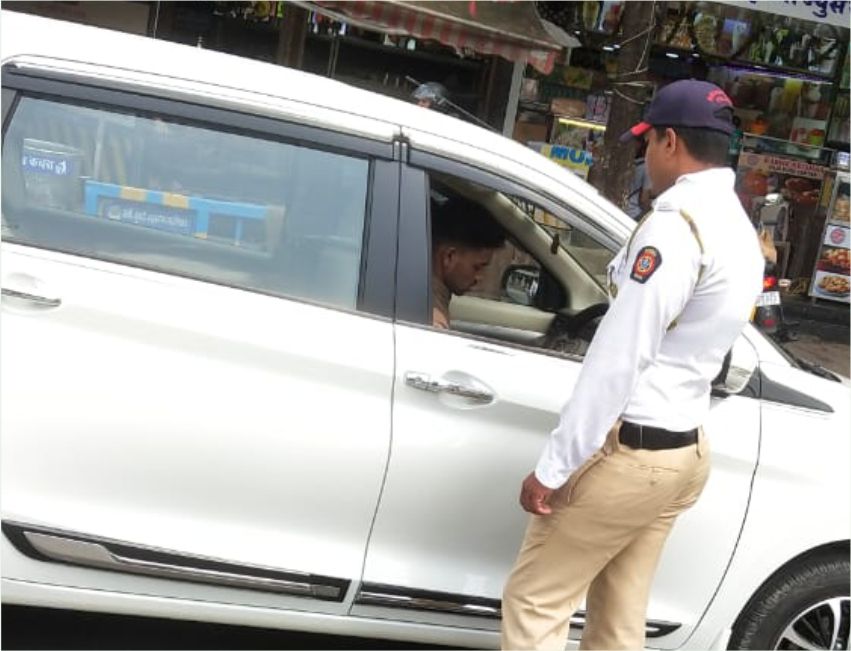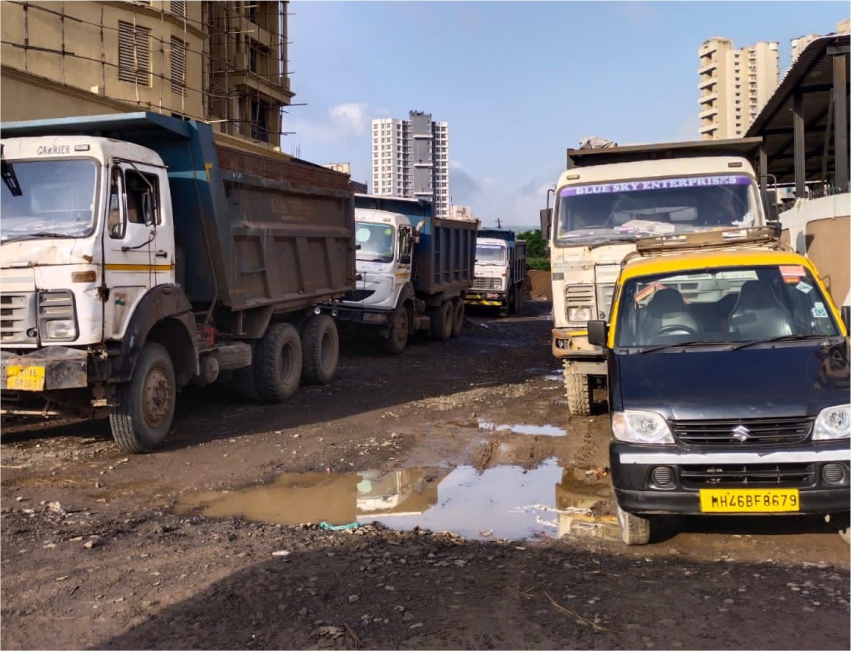Adults in power, children at risk: When classrooms and clinics become cautionary tales

- Christopher Rodrigues
- 19 Apr, 2025
In rural India, where teachers and doctors are trusted to guide children, two troubling incidents show how adults can misuse their authority, exposing young minds to harmful vices like alcohol and cigarettes.
In Khirhani village, Madhya Pradesh, a primary school teacher, Naveen Pratap Singh Baghel, was suspended after a video showed him allegedly giving alcohol to students.
The clip, which spread online in April, captured him pouring liquor for young boys and suggesting they mix it with water.
District Collector Dilip Yadav acted quickly, suspending Baghel, though the video’s authenticity is still under review. The incident left parents and locals shaken, worried about the impact on the children.
In Jalaun, Uttar Pradesh, Dr Suresh Chandra, a doctor at Kuthaund’s Primary Health Centre, faced an FIR after a video showed him teaching a five-year-old boy to smoke a cigarette, claiming it would help a cold.
He puts the cigarette in the boy's mouth, lights it up and asks him to inhale, not exhale. When the boy is not able to follow him, he says, "Bas aaj ki training itni hai, ab agli baar, kal aana phir sikhayenge' ." (That's all for today's training, now come again tomorrow and we will teach you more)
After the video went viral, Chief Medical Officer Narendra Dev Sharma ordered a probe, and Chandra was transferred. He insisted the cigarette was chocolate and the video, over a year old, was shared by staff to frame him.
These cases highlight a serious issue, adults in trusted roles introducing children to dangerous habits. Children, who look up to teachers and doctors, may see these actions as normal, which could lead to health problems or addiction later.
Baghel’s actions turned a classroom into a place of risk, while Chandra’s 'lesson' undermined trust in healthcare. Both incidents, though addressed quickly, raise concerns about lasting effects on the children involved.
Such behaviour by adults is not just wrong, it’s harmful. It can confuse children about what’s safe and erode their trust in authority. These cases show the need for better oversight, training, and rules to ensure schools and health centres remain safe spaces for kids.




